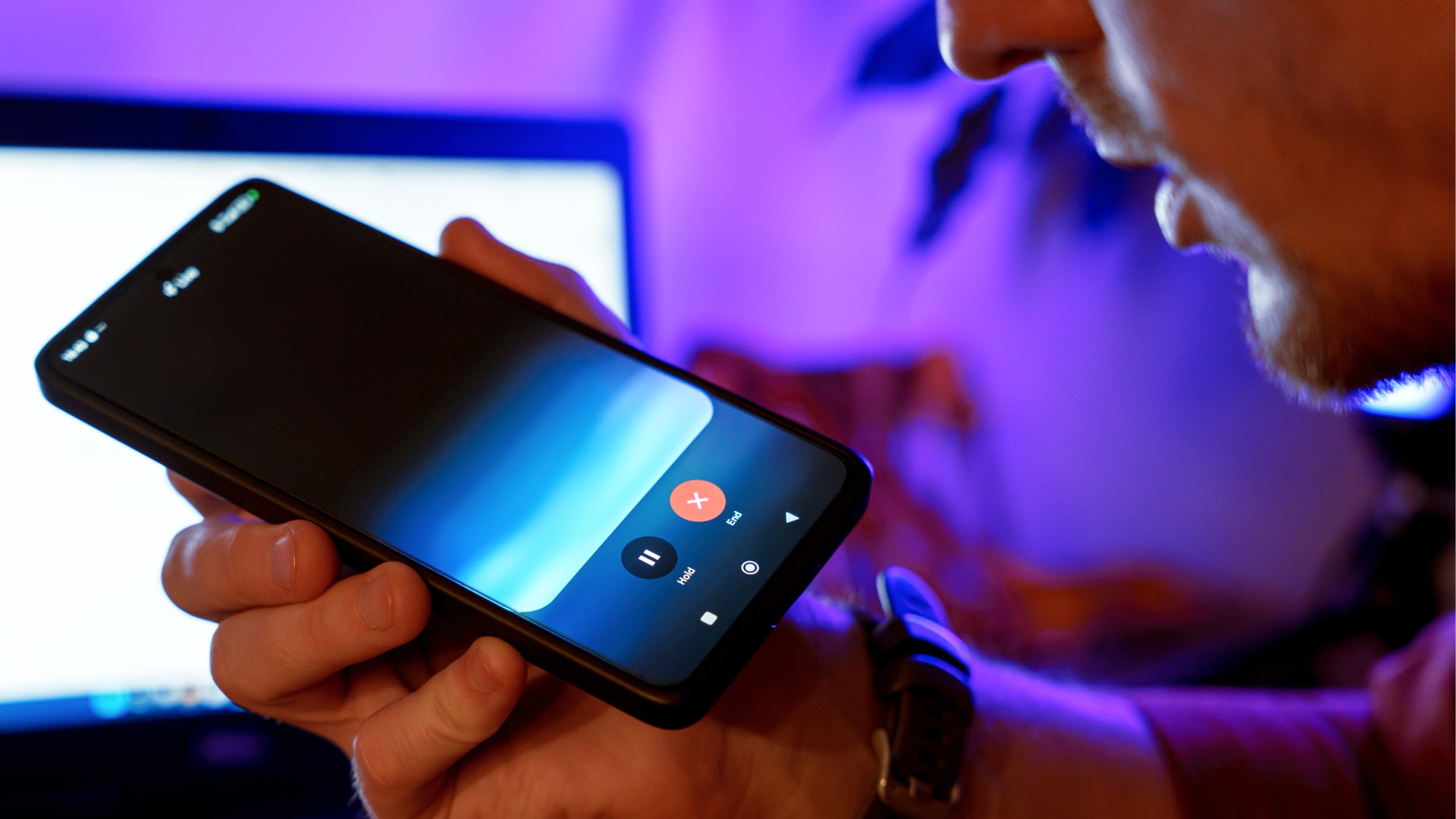TikTok ban sees demand for VPNs surge
Users were desperate to keep using the app
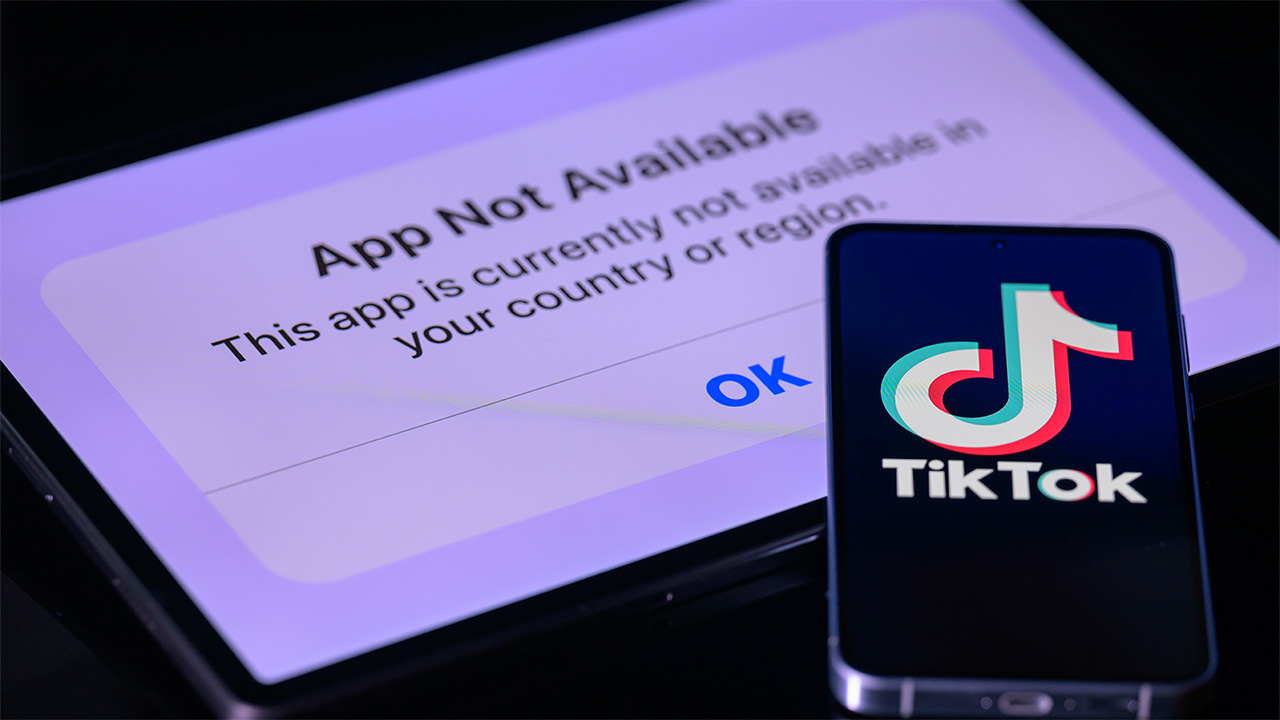
It's been a whirlwind 72 hours for TikTok, with the app preparing for shutdown last Friday, to now apparently being accessible again.
Throughout the weekend, many Americans searched for ways to retain access to the app once the ban came into effect. Search terms for the best VPNs spiked significantly as they were seen as a credible option to bypass the shutdown.
But did VPNs help evade the ban, and as Donald Trump enters his second term as US President, what is the state of TikTok?
Demand for VPNs surge
Throughout the week of January 13, 2025, as the TikTok ban increased in likelihood, millions of Americans frantically searched for ways to keep access to the popular video-sharing app.
Nobody knew what it would look like in practice, and using a VPN to mask your IP address was widely considered to be the best option for those wishing to continue using TikTok.
As a result, searches and demand for VPNs in the US spiked significantly. The search term "VPN" rose significantly overnight from Saturday, 18 January, into Sunday, 19 January, 2025, but did see a sharp reduction throughout the day on Sunday.
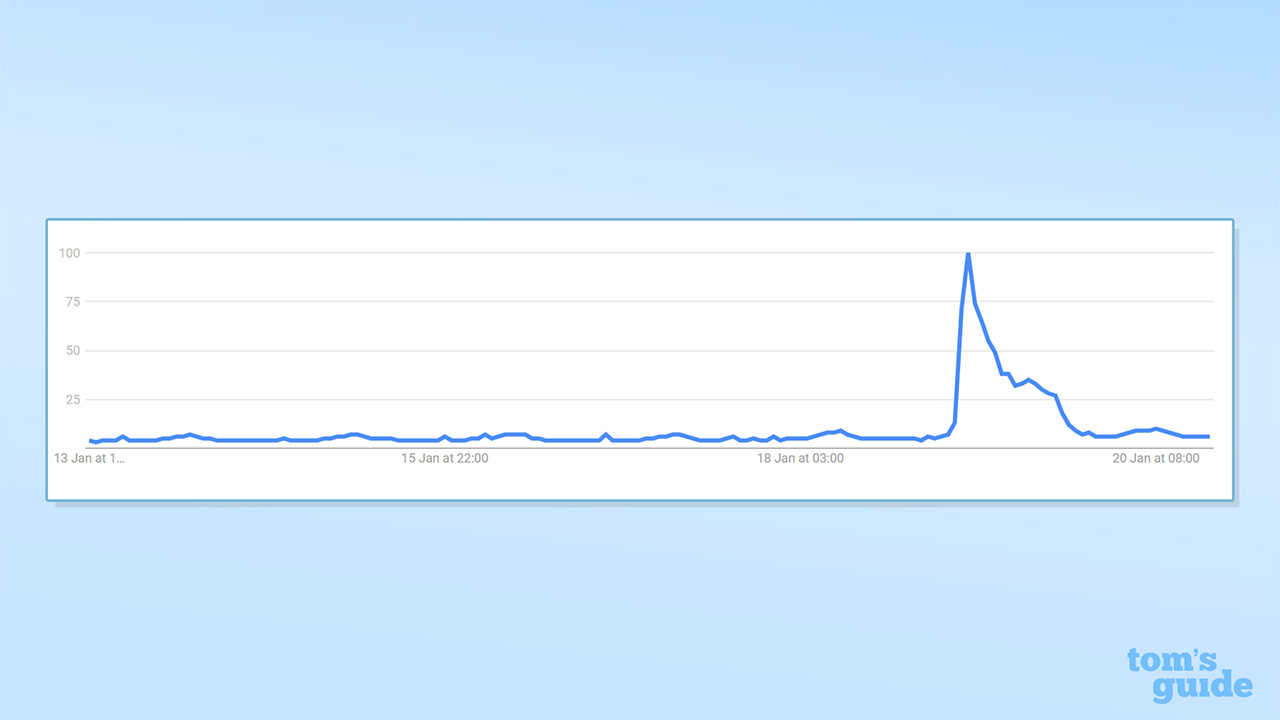
The term "TikTok VPN" also saw an almost identical search pattern, rising sharply on Saturday 18 January and falling on Sunday 19 January.
The interest in these search terms varied between US states. The quantity of "TikTok VPN" search terms was especially high in Alaska and West Virginia. With Kentucky, North Dakota, and Oklahoma also showing increased demand.

The search term "VPN" was most popular in Tennessee, with Florida and Oregon also ranking highly alongside previously mentioned states, Oklahoma and Alaska.
The weekend also saw spikes in searches for some of the top VPN brands, matching the rise and fall of the previous search terms. "NordVPN" was most popular in Tennessee, Washington, Florida, Hawaii, and DC.
"Surfshark VPN", the fastest VPN we've tested, saw increased popularity in Tennessee, Vermont, North Dakota, Oregon, and California. "ExpressVPN", the best VPN for beginners, only saw a significant spike in DC.
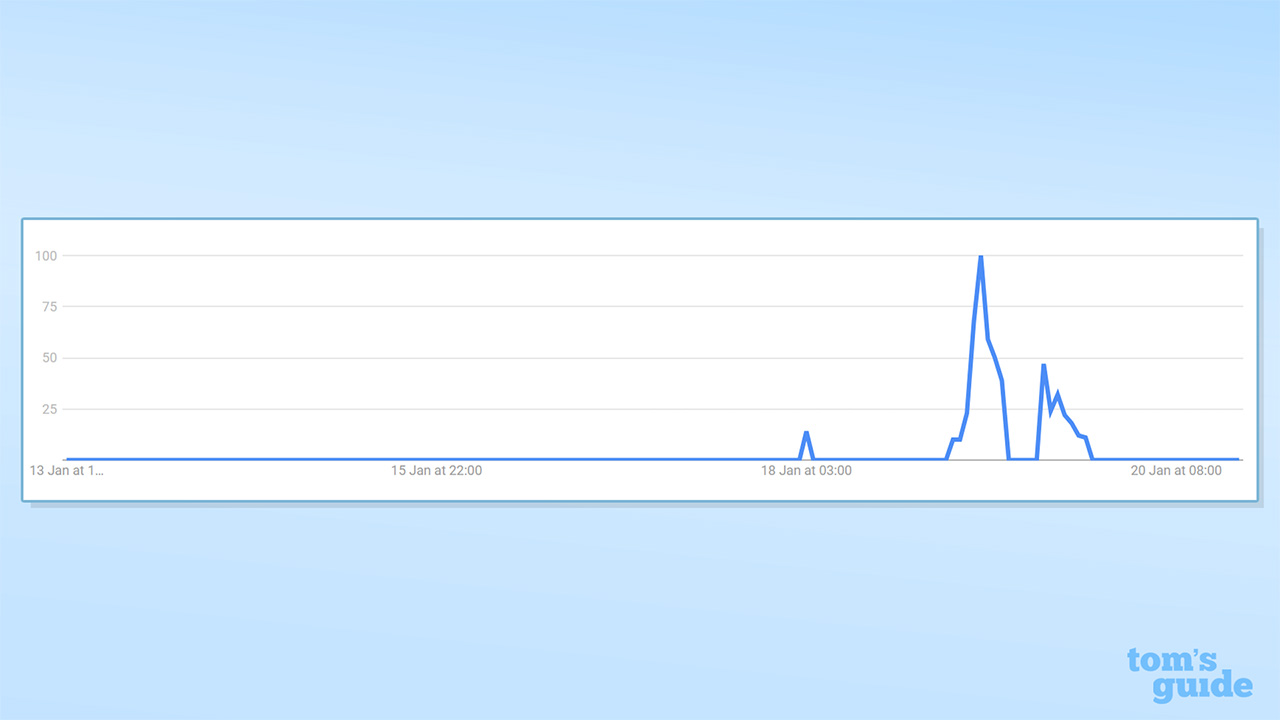
The search term "will TikTok work with a VPN" saw a slightly different trend pattern over the weekend. There was a small uptick in searches towards the end of the day on Friday, 17 January, 2025, with the main spike coming early in the day on Sunday, 19 January. This search term did however follow the same pattern as others by dropping off rapidly throughout the day on Sunday.
This search term was popular in two US states, Nebraska and Missouri.
VPN providers saw an increase in traffic and users as a result of these spikes in search terms. A spokesperson for NordVPN said: "On Sunday, we experienced 7–8 times more new users than during a typical weekend."
"This spike appears to be ongoing, as today, Monday, still shows a significantly higher number of transactions compared to an average day, although lower than on Sunday."
"It is worth adding that the majority of new users accessed our platform through app stores, while fewer came via the website. Additionally, website traffic on Sunday was three times higher than usual, highlighting the increased interest in our services."
Surfshark also saw a rise in demand. According to a spokesperson, it "recorded a four-fold increase in sign-ups in the US on Sunday."
Did VPNs work?
So was this rush to VPNs worth it or a waste of time? According to various reports from the US, VPNs alone did not enable people to bypass the block, and TikTok remained unavailable.
It hasn't been confirmed what technical steps TikTok took to shut down the app, but some potential tactics were floated when we were hypothesising what a TikTok ban would look like.
Instructing Internet Service Providers (ISPs) to block access to TikTok or using people's phone numbers to determine their location, and restrict access, were two possible actions taken.
The internet watchdog NetBlocks reported that as of 19 January 2025, there was no indication that widespread network level restrictions imposed by internet providers were in place.
ℹ Note: Social media platform TikTok has deactivated its own service in the US after a ruling by the Supreme Court on Friday upholding a nationwide ban; there are no indications of widespread network level restrictions imposed by internet providers at the present time #TikTokBan pic.twitter.com/jP4iEpPek3January 19, 2025
TikTok states it uses your SIM card and IP address to determine location, so even if your IP address is masked, a US-registered phone number could be enough to signify you're in the US and block your access to the app.
When India banned TikTok in 2020, it demanded ISPs block access to the app – however, VPNs were able to bypass these measures, which makes their failure in the US more puzzling.
At this stage, we have not been able to confirm first hand whether VPNs could or couldn't unblock TikTok. However, NBC News reported that it tested accessing TikTok with two VPNs on Sunday morning and neither were successful.
What's happening with TikTok now?
The mad rush to VPNs in a desperate attempt to unblock TikTok may not have been needed at all, as it appears as though the app is back.
Just as quickly as it went away, numerous reports from the US are saying access to the app is being restored across the country.
This comes as Donald Trump told a rally on Sunday "we have to save it" and has promised to sign an executive order to delay the ban.
In a statement posted on X, TikTok said it is "in the process of restoring service." It also thanked President Trump for "providing the necessary clarity and assurance to our service providers that they will face no penalties providing TikTok to over 170 million Americans."
STATEMENT FROM TIKTOK:In agreement with our service providers, TikTok is in the process of restoring service. We thank President Trump for providing the necessary clarity and assurance to our service providers that they will face no penalties providing TikTok to over 170…January 19, 2025
We have been able to verify these claims first-hand, and TikTok's services in the US appear to have been restored.
Data privacy still at risk
Although the TikTok ban has seemingly been reversed, the fact it was banned signals a worrying step in the wrong direction for the future of data privacy.
Many data privacy experts were deeply concerned about the steps appearing to be taken and why they were the wrong ones.
Lauren Hendry Parsons, Director, Communications & Advocacy at ExpressVPN said: "On a broader scale, banning a platform like TikTok is deeply concerning because it challenges the principles of digital freedom and sets a precedent for online censorship."
"Looking ahead, it's critical that any national administration prioritize solutions that balance both national security and individual rights. We urge all users to exercise sound judgment and follow best cybersecurity practices to stay safe online."
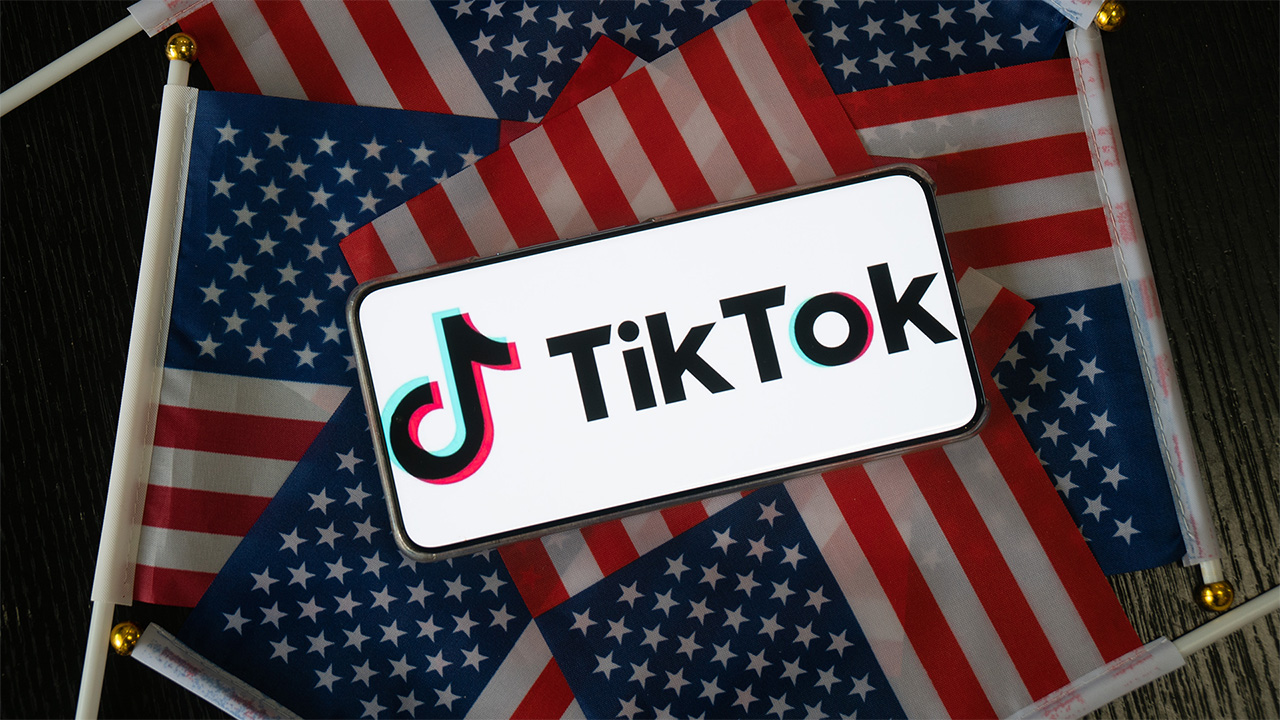
In a statement issued on 17 January, 2025, digital rights group Electronic Frontier Foundation (EFF) said it was "deeply disappointed" in the Supreme Court's decision, and went on to say how a ban would not protect the data privacy of Americans.
"The United States’ foreign foes easily can steal, scrape, or buy Americans’ data by countless other means. The ban or forced sale of one social media app will do virtually nothing to protect Americans' data privacy – only comprehensive consumer privacy legislation can achieve that goal," it said.
"Shutting down communications platforms or forcing their reorganization based on concerns of foreign propaganda and anti-national manipulation is an eminently anti-democratic tactic, one that the US has previously condemned globally."
People worldwide should be standing up to decisions like this and spread awareness of the fragility of their data privacy and the need to protect it.
Despite it appearing VPNs didn't ultimately work in unblocking TikTok, the increase in search terms highlights the measures people will take to protect their digital autonomy. It shows they won't just sit back and accept restrictions and censorship.

George is a Staff Writer at Tom's Guide, covering VPN, privacy, and cybersecurity news. He is especially interested in digital rights and censorship, and its interplay with politics. Outside of work, George is passionate about music, Star Wars, and Karate.
